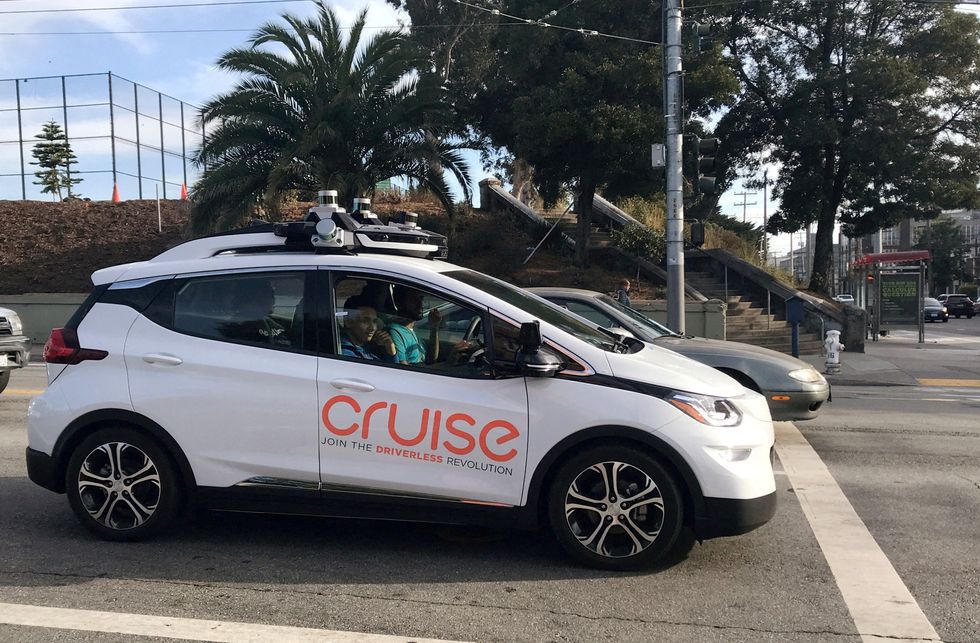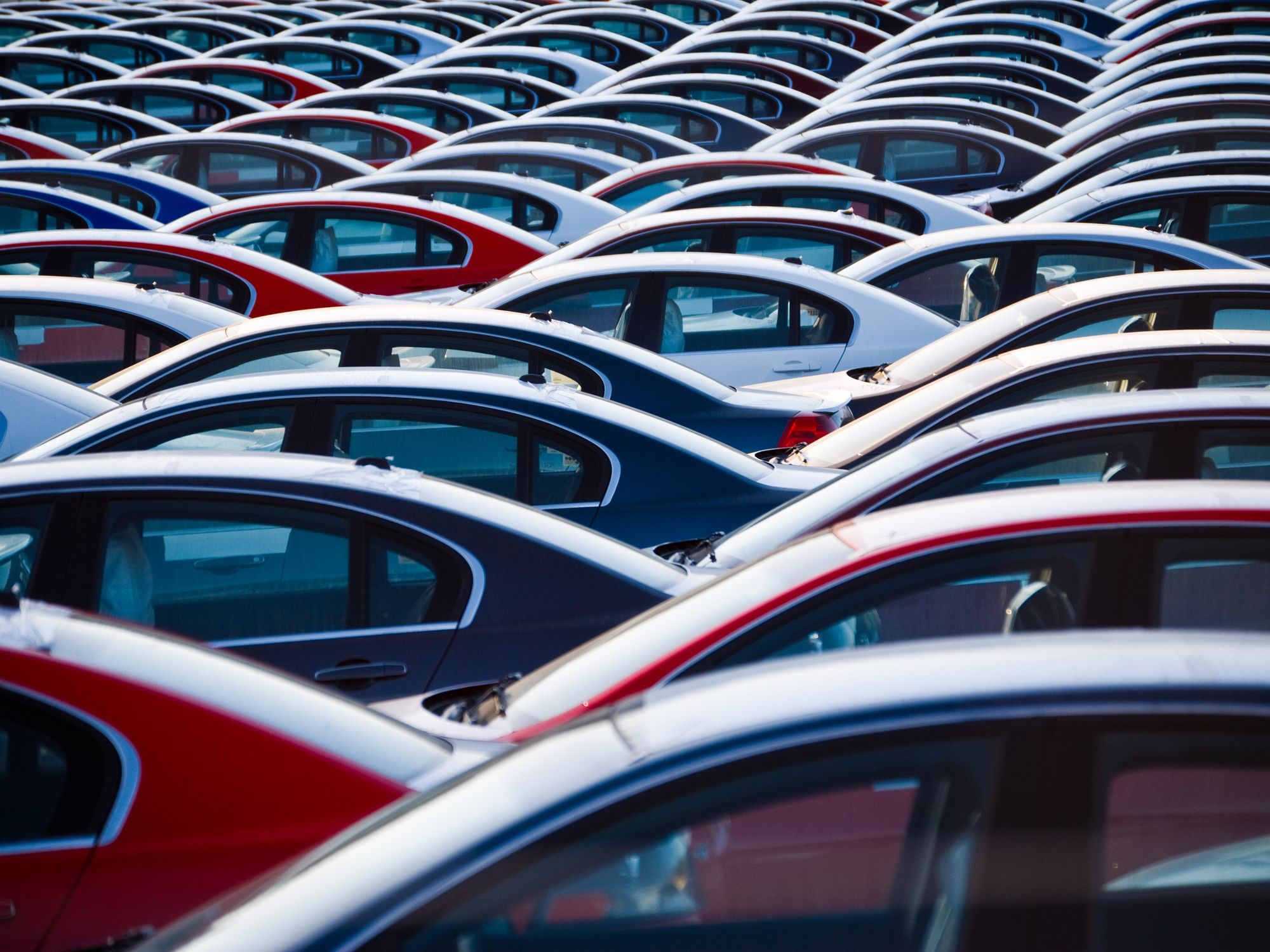Some Tesla vehicles come with 'full self driving' capabilities
GETTY
Tesla's electric vehicles are some of the most popular on the market
Don't Miss
Most Read
Trending on GB News
Experts are warning that Tesla could face a 'large ban' on its vehicles in the UK as the Government pushes ahead with its aim to become a world superpower.
The Department for Transport is pushing ahead with plans to develop self-driving technology across vehicles in a bid to make roads safer and slash the number of car accidents.
Vehicles can not be branded as “self-driving” or “driverless” unless their systems are approved under changes that could be introduced next year.
Many drivers have got their hands on a Tesla in recent years, with the Elon Musk-led brand becoming one of the most popular electric car brands in the UK.
WATCH NOW: James Court on new electric vehicle investment
According to the Tesla website, Autopilot is an “advanced driver assistance system” which the brand claims will enhance safety and convenience.
Autopilot comes standard on every new Tesla, while Enhanced Autopilot and Full Self-Driving Capability are designed to become more capable over time, although this does not make the vehicle autonomous.
The Government will regulate the use of terms like “self-drive”, “self-driving”, “drive itself”, “driverless” and “automated vehicle” to crack down on misleading marketing.
There are fears that Tesla’s Autopilot system would not be covered under the Government’s marketing rules, meaning the American brand could face difficulties when selling the popular vehicles.
Brian Wong, a specialist transport lawyer at Burges Salmon, said: “Terms like ‘full self-driving’ would be problematic if vehicles have not been approved as automated vehicles so Tesla and, indeed other [manufacturers], would need to take heed.
“This is one of the biggest concerns shared by all, including those in the industry, about automated vehicles: public confusion about the functionality of vehicles that are not approved as automated,” he told The Telegraph.
Manufacturers will be responsible for the behaviour of the vehicle when it is in self-driving mode, with companies having an obligation to keep the vehicles safe.
The new Automated Vehicles Bill outlines that the Government will prohibit misleading market practices.
This will crack down on manufacturers using ambiguous terminology in advertising material around whether their vehicles classify as self-driving.
Regulations will also set out specific terminology and symbols will be reserved for marketing authorised self-driving vehicles.
Criminal offences will apply to any manufacturers who use unauthorised and improper terminology when advertising these vehicles.
The Government has been pushing ahead with its plans to turn the UK into a leading force when it comes to self-driving vehicles and autonomous vehicle technology.
Despite this, there have been a number of international instances that have seen self-driving vehicles banned from the roads, including Cruise vehicles in California.
One of its self-driving vehicles was braking but did not avoid striking a pedestrian previously struck by a hit-and-run driver, causing the California Department for Motor Vehicles (DMV) to strip General Motors of its autonomous vehicle deployment permit.
LATEST DEVELOPMENTS:
- Electric car market 'sabotaged' by Rishi Sunak refusing to slash 'pavement tax' with VAT cut
- Drivers urged to 'take a serious look at switching to EVs' in response to high petrol and diesel prices
- Elderly drivers hammered by car insurance costs with 'astronomical' price hikes 'in excess of 50 per cent'

The Cruise vehicles were taken off the road in November
REUTERS
Cruise, the operator of the self-driving vehicles, was purchased by General Motors in 2016 and has more than 100 “robotaxis” in San Francisco.








